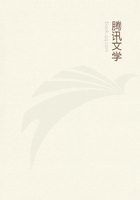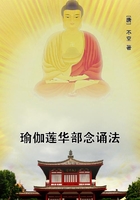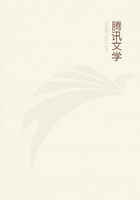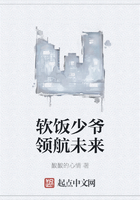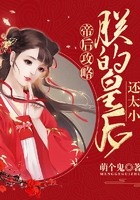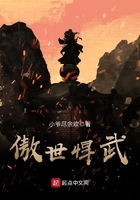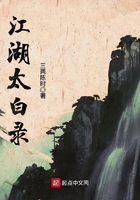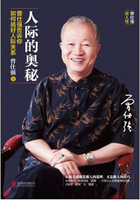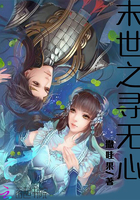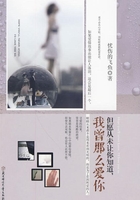I went once to a certain place in Arabia, almost exactly opposite the city of Buto, to make inquiries concerning the winged serpents. On my arrival I saw the back-bones and ribs of serpents in such numbers as it is impossible to describe: of the ribs there were a multitude of heaps, some great, some small, some middle-sized. The place where the bones lie is at the entrance of a narrow gorge between steep mountains, which there open upon a spacious plain communicating with the great plain of Egypt. The story goes that with the spring the winged snakes come flying from Arabia towards Egypt, but are met in this gorge by the birds called ibises, who forbid their entrance and destroy them all. The Arabians assert, and the Egyptians also admit, that it is on account of the service thus rendered that the Egyptians hold the ibis in so much reverence.
The ibis is a bird of a deep-black colour, with legs like a crane;its beak is strongly hooked, and its size is about that of the land-rail. This is a description of the black ibis which contends with the serpents. The commoner sort, for there are two quite distinct species, has the head and the whole throat bare of feathers; its general plumage is white, but the head and neck are jet black, as also are the tips of the wings and the extremity of the tail; in its beak and legs it resembles the other species. The winged serpent is shaped like the water-snake. Its wings are not feathered, but resemble very closely those of the bat. And thus I conclude the subject of the sacred animals.
With respect to the Egyptians themselves, it is to be remarked that those who live in the corn country, devoting themselves, as they do, far more than any other people in the world, to the preservation of the memory of past actions, are the best skilled in history of any men that I have ever met. The following is the mode of life habitual to them:- For three successive days in each month they purge the body by means of emetics and clysters, which is done out of a regard for their health, since they have a persuasion that every disease to which men are liable is occasioned by the substances whereon they feed. Apart from any such precautions, they are, I believe, next to the Libyans, the healthiest people in the world- an effect of their climate, in my opinion, which has no sudden changes. Diseases almost always attack men when they are exposed to a change, and never more than during changes of the weather. They live on bread made of spelt, which they form into loaves called in their own tongue cyllestis. Their drink is a wine which they obtain from barley, as they have no vines in their country. Many kinds of fish they eat raw, either salted or dried in the sun. Quails also, and ducks and small birds, they eat uncooked, merely first salting them. All other birds and fishes, excepting those which are set apart as sacred, are eaten either roasted or boiled.
In social meetings among the rich, when the banquet is ended, a servant carries round to the several guests a coffin, in which there is a wooden image of a corpse, carved and painted to resemble nature as nearly as possible, about a cubit or two cubits in length. As he shows it to each guest in turn, the servant says, "Gaze here, and drink and be merry; for when you die, such will you be."The Egyptians adhere to their own national customs, and adopt no foreign usages. Many of these customs are worthy of note: among others their song, the Linus, which is sung under various names not only in Egypt but in Phoenicia, in Cyprus, and in other places; and which seems to be exactly the same as that in use among the Greeks, and by them called Linus. There were very many things in Egypt which filled me with astonishment, and this was one of them. Whence could the Egyptians have got the Linus? It appears to have been sung by them from the very earliest times. For the Linus in Egyptian is called Maneros; and they told me that Maneros was the only son of their first king, and that on his untimely death he was honoured by the Egyptians with these dirgelike strains, and in this way they got their first and only melody.
There is another custom in which the Egyptians resemble a particular Greek people, namely the Lacedaemonians. Their young men, when they meet their elders in the streets, give way to them and step aside; and if an elder come in where young men are present, these latter rise from their seats. In a third point they differ entirely from all the nations of Greece. Instead of speaking to each other when they meet in the streets, they make an obeisance, sinking the hand to the knee.
They wear a linen tunic fringed about the legs, and called calasiris; over this they have a white woollen garment thrown on afterwards. Nothing of woollen, however, is taken into their temples or buried with them, as their religion forbids it. Here their practice resembles the rites called Orphic and Bacchic, but which are in reality Egyptian and Pythagorean; for no one initiated in these mysteries can be buried in a woollen shroud, a religious reason being assigned for the observance.
The Egyptians likewise discovered to which of the gods each month and day is sacred; and found out from the day of a man's birth what he will meet with in the course of his life, and how he will end his days, and what sort of man he will be- discoveries whereof the Greeks engaged in poetry have made a use. The Egyptians have also discovered more prognostics than all the rest of mankind besides.
Whenever a prodigy takes place, they watch and record the result;then, if anything similar ever happens again, they expect the same consequences.
With respect to divination, they hold that it is a gift which no mortal possesses, but only certain of the gods: thus they have an oracle of Hercules, one of Apollo, of Minerva, of Diana, of Mars, and of Jupiter. Besides these, there is the oracle of Latona at Buto, which is held in much higher repute than any of the rest. The mode of delivering the oracles is not uniform, but varies at the different shrines.

